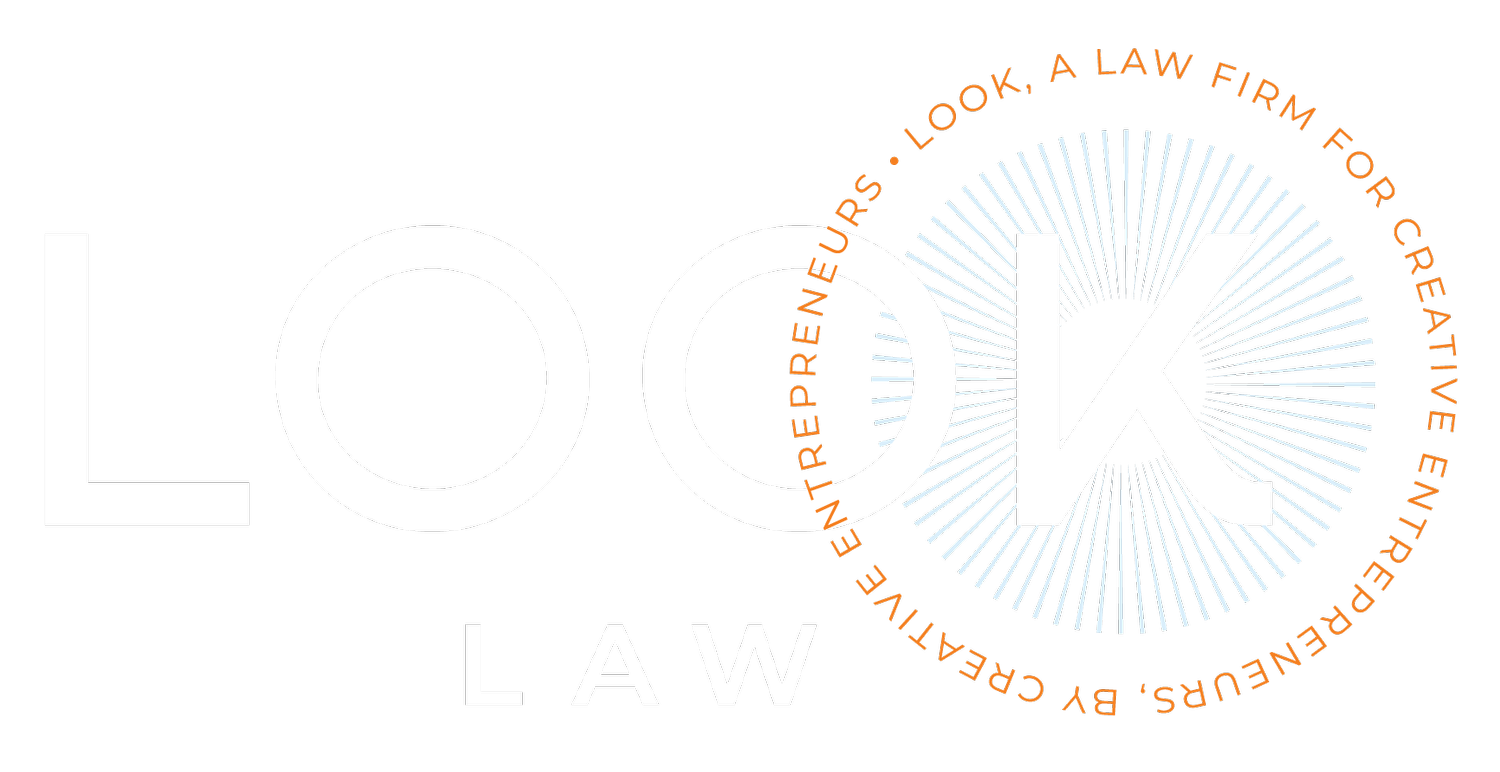Do I Have To Pay Employees For Their Meal Breaks?
Answer: NO. You don’t have to pay for your employee’s meal breaks. UNLESS… your employee is ‘on duty’ during their meal breaks, OR they cannot leave the site during their meal break.
30-MINUTE MEAL BREAKS MUST BE GIVEN AT LEAST EVERY 5 HOURS
Under California law (IWC Orders and Labor Code Section 512), you must provide employees with at least a thirty-minute meal break if their shift is more than five hours (more than six hours for employees in the motion picture industry covered by IWC Order 12-2001), and you must provide the meal break no later than the end of the fifth work hour. For example, if your employee’s shift begins at 9:00 a.m., their meal break will look like this:
Time Worked
9:00 a.m. to 10:00 a.m.
10:00 a.m. to 11:00 a.m.
11:00 a.m. to 12:00 p.m.
12:00 p.m. to 1:00 p.m
1:00 p.m. to 2:00 p.m.
Hours
1st hour
2nd hour
3rd hour
4th hour
5th hour – break must begin before the end of the 5th hour (i.e., 1:59 p.m.)
An employee working more than ten hours in one shift is entitled to a second 30-minute meal break which you must provide no later than the end of the tenth work hour. The number of breaks your employee is entitled to receive depends on the number of hours actually worked, not the number of hours the employee was scheduled to work. For example, if an employee is scheduled for a ten-hour shift, but only ends up working a three-hour shift, then you don’t have to provide a meal break.
EMPLOYEE MUST BE PAID MEAL BREAKS IF THEY ARE ‘ON DUTY’
Unless the employee is relieved of all duty during the entire thirty-minute meal period and is free to leave the employer's premises, the meal period is considered "on duty," counted as hours worked, and you must pay your employee's regular rate of pay.
An "on duty" meal period will be permitted only when the nature of the work prevents the employee from being relieved of all duty and when by written agreement between the employer and employee an on-the-job meal period is agreed to. Some examples of jobs that fit this category are a sole worker in a coffee kiosk, a sole worker in an all-night convenience store, and a security guard stationed alone at a remote site. If you require your employee to remain at the work site or facility during the meal period, the meal period must be paid - This is true even when your employee is relieved of all work duties during the meal period.
For those situations where your employee must take an on-duty meal break, and you require that their email break is taken on-site, then you must also provide a suitable place for your employee to eat.
EMPLOYEE MAY WAIVE THEIR RIGHT TO A MEAL BREAK
If your employee works six hours or less in one shift, they may waive their right to a meal break. Waivers for meal breaks do not need to be in writing, but both you and your employee must consent to the waiver. If your employee’s shift is greater than ten hours, but will not exceed 12 hours, they can waive their right to a second meal break as long as they take the first meal break—your employee cannot waive both breaks in one workday where they may be entitled to both. However, your employee who works through a meal break is not entitled to leave work early.
